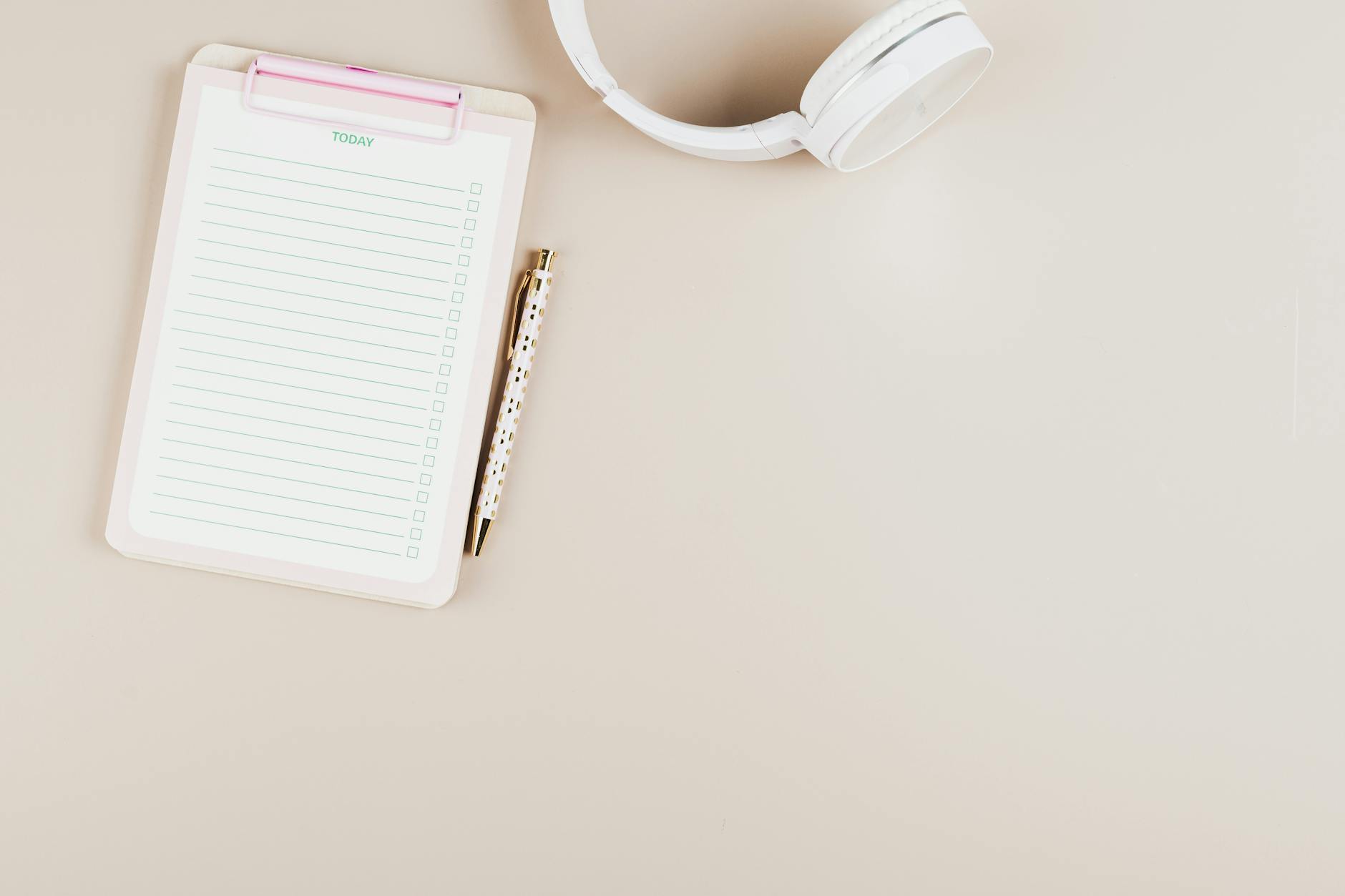Wondering about the difference between decaf coffee vs regular coffee
Coffee lovers, have you ever wondered about the differences between your regular cup of joe and its decaffeinated counterpart? Whether you’re cutting back on caffeine or simply curious, understanding the distinctions between decaf and normal coffee can help you make informed choices about your daily brew. In this comprehensive guide, we’ll explore the nuances that set these two coffee varieties apart, from their production processes to their taste profiles and health implications.

The Decaffeination Process: Removing the Buzz
To begin with, let’s delve into the fascinating world of decaffeination.
This process, which removes caffeine from coffee beans, is the primary factor distinguishing decaf from regular coffee.
Interestingly, decaffeination occurs before the beans are roasted, ensuring that the coffee’s essential oils and flavours are preserved as much as possible.
There are several methods used to decaffeinate coffee, each with its own advantages and potential impacts on the final product:
Solvent-based processes
These methods use chemical solvents like methylene chloride or ethyl acetate to extract caffeine. While effective, they’ve raised some health concerns among consumers[2].
Swiss Water Process
This chemical-free method uses water to extract caffeine, making it a popular choice for organic coffee enthusiasts[3].
Carbon Dioxide Process
A relatively new technique that uses pressurized CO2 to remove caffeine, leaving other flavour compounds intact[3].
Triglyceride Process
This method uses oils derived from coffee beans to selectively remove caffeine[2].
It’s worth noting that no decaffeination process removes 100% of the caffeine.
To be labelled as decaf in the United States, coffee must have at least 97% of its caffeine removed[2].
Taste and Aroma: A Subtle Difference
Now, let’s address the elephant in the room – does decaf coffee taste different from regular coffee?
The short answer is yes, but the difference might be subtler than you think.
The decaffeination process inevitably alters the bean’s chemical composition, which can affect its flavour profile. Many coffee connoisseurs report that decaf coffee tends to have a milder taste and aroma compared to its caffeinated counterpart. Some describe it as slightly sweeter, while others note a faint nuttiness[4].
However, advances in decaffeination techniques have significantly improved the taste of decaf coffee over the years.
High-quality decaf beans, when roasted and brewed skillfully, can produce a cup that’s remarkably similar to regular coffee in terms of flavour and aroma.
Health Implications: Weighing the Pros and Cons
When it comes to health, both decaf and regular coffee have their merits.
Let’s break down some key differences:

- Caffeine Content: The most obvious distinction is the caffeine level. While a standard cup of coffee contains about 95mg of caffeine, a cup of decaf typically has only about 2mg[1].
- Antioxidants: Both types of coffee are rich in antioxidants, which can help protect your cells from damage. However, some studies suggest that the decaffeination process may reduce the antioxidant content slightly[4].
- Acidity: Decaf coffee is often less acidic than regular coffee, which can be beneficial for those with sensitive stomachs or acid reflux[4].
- Sleep Quality: For those sensitive to caffeine, switching to decaf in the afternoon or evening can improve sleep quality without sacrificing the coffee ritual[1].
- Hydration: Contrary to popular belief, both regular and decaf coffee can contribute to your daily fluid intake. However, decaf won’t have the mild diuretic effect associated with caffeine[4].

Choosing Between Decaf and Regular: Factors to Consider
Deciding whether to opt for decaf or regular coffee depends on various factors:
- Caffeine Sensitivity: If you’re sensitive to caffeine or trying to reduce your intake, decaf is an excellent alternative.
- Time of Day: Many people choose decaf for afternoon or evening consumption to avoid sleep disruptions.
- Health Conditions: Those with certain health conditions, such as anxiety disorders or high blood pressure, might benefit from switching to decaf[1].
- Taste Preference: Some coffee lovers simply prefer the milder taste of decaf.
- Pregnancy: Pregnant women are often advised to limit caffeine intake, making decaf a suitable option[1].
The Environmental Impact: A Growing Concern
As consumers become more environmentally conscious, it’s worth considering the ecological footprint of decaf versus regular coffee.
The decaffeination process requires additional resources and energy, potentially increasing the carbon footprint of decaf coffee production.
However, some decaffeination methods, like the Swiss Water Process, are more environmentally friendly than others.
Additionally, many coffee companies are working to make their decaffeination processes more sustainable[3].
The Future of Decaf: Innovations on the Horizon
The world of decaf coffee is continually evolving.
Researchers and coffee companies are exploring new ways to improve the decaffeination process, enhance flavour retention, and increase sustainability.
One exciting development is the potential for naturally decaffeinated coffee plants.
Scientists are working on breeding coffee plants that naturally produce beans with little to no caffeine, which could revolutionize the decaf coffee industry[4].
Conclusion: Embracing Coffee in All Its Forms
In conclusion, decaf coffee vs regular coffee:
Both types of coffee share many similarities, but they also have distinct differences in terms of production, taste, and health implications.
The choice between the two ultimately comes down to personal preference and individual needs.
Whether you’re a die-hard espresso fan or a decaf devotee, the most important thing is to enjoy your coffee.
After all, the ritual of brewing and savouring a cup of coffee – caffeinated or not – is one of life’s simple pleasures.
So, the next time you’re faced with the choice between decaf and regular, you’ll be armed with the knowledge to make an informed decision.
And remember, whichever you choose, there’s a whole world of coffee out there waiting to be explored. Happy brewing!
References
- Britannica, T. Editors of Encyclopaedia (2023) ‘Decaffeination’, Encyclopedia Britannica. Available at: https://www.britannica.com/topic/decaffeination (Accessed: 22 September 2024).
- Harvard T.H. Chan School of Public Health (2024) ‘Coffee’, The Nutrition Source. Available at: https://www.hsph.harvard.edu/nutritionsource/food-features/coffee/ (Accessed: 22 September 2024).
- International Coffee Organization (2024) ‘Decaffeination’, ICO. Available at: http://www.ico.org/decaffeination.asp (Accessed: 22 September 2024).
- Specialty Coffee Association (2024) ‘Decaffeination Methods’, SCA. Available at: https://sca.coffee/research/decaffeination-methods (Accessed: 22 September 2024).
- Poole, R., Kennedy, O.J., Roderick, P., Fallowfield, J.A., Hayes, P.C. and Parkes, J. (2017) ‘Coffee consumption and health: umbrella review of meta-analyses of multiple health outcomes’, BMJ, 359, p.j5024. Available at: https://www.bmj.com/content/359/bmj.j5024 (Accessed: 22 September 2024).
Citations:
[1] https://en.wikipedia.org/wiki/Decaffeination
[2] https://www.britannica.com/topic/decaffeination
[3] https://durangocoffee.com/decaffeination-processes/
[4] https://www.bbc.com/future/article/20180917-how-do-you-decaffeinate-coffee
[5] https://drwakefield.com/swiss-water-decaf-process-coffee/
[6] https://www.ncausa.org/Decaffeinated-Coffee
[7] https://www.britannica.com/story/how-is-coffee-decaffeinated
[8] https://www.bbcgoodfood.com/recipes/pumpkin-spice-latte

